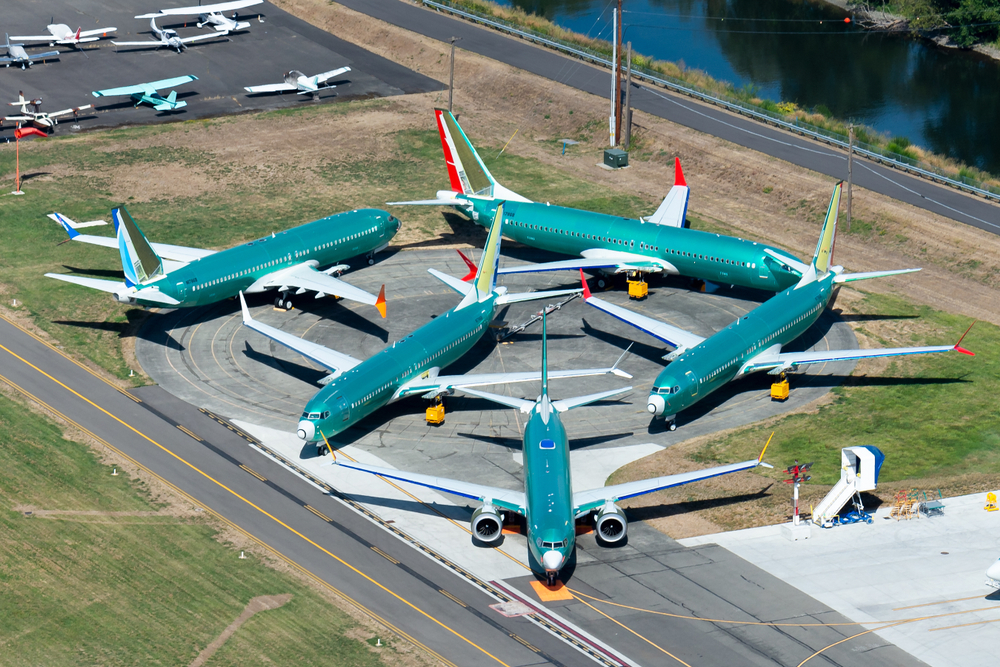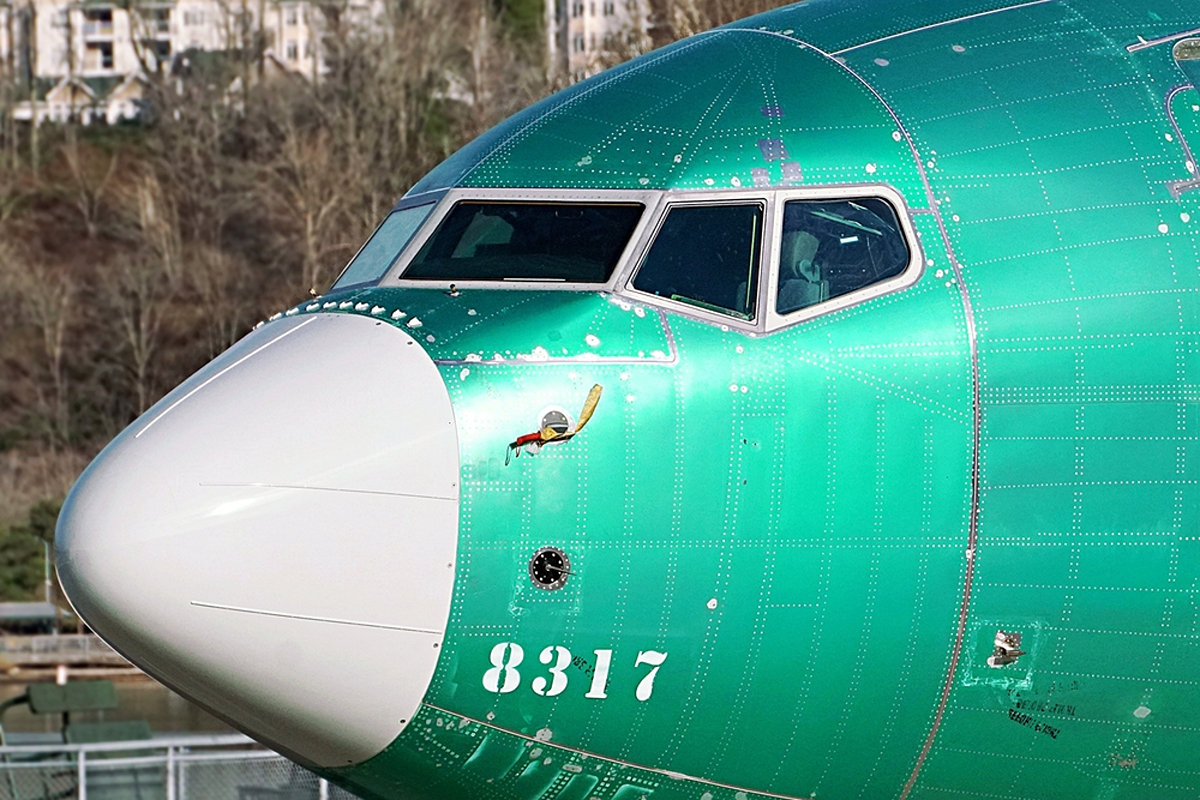Boeing has revealed its latest orders and deliveries total for November 2024 which were hugely impacted by a weeks-long period of industrial action at the US planemaker. The company delivered just 13 commercial aircraft to customers during the month – an amount less than 25% of the total amount of new airplanes delivered in the same month in 2023. The latest figure is even lower than the number of aircraft delivered in October 2024 when the company delivered 14 new jets.
The seven-week-long spell of industrial action commenced in early October 2024 when machinists downed tools in protest at pay grades and threatened job cuts at the beleaguered firm. A total of 33,000 workers across several Boeing sites walked off the job as the industrial action spread around the company. The dispute only ended on November 5, 2024, after a revised pay deal was reached between Boeing and the unions representing the employees.
However, since the resolution was reached, Boeing has announced the laying off of hundreds of employees, including over 2,000 employed in Washington state and 700 in Missouri. Production on all of the company’s production lines, including the 737 MAX, 767, 777, and 777X variants was all halted as a result of the industrial action.


In November 2024, Boeing delivered nine 737s, two 777 freighters, and two 787-9s to customers. US carrier United Airlines took delivery of two 737 MAX jets plus one 787 during the month. In comparison to the 13 aircraft delivered in the month, Boeing delivered 56 new planes in November 2023. The company had been planning to increase 737 production rates to a monthly output rate of 38 units per month to generate much-needed revenue after it lost billions of dollars in cash during the first three quarters of 2024.
The production rate was limited by US regulators following significant safety and quality issues that came to light following the Alaska Airlines Boeing 737 MAX 9 door blowout in January 2024. However, Boeing confirmed at the start of December that production on its 737 MAX production lines had resumed following the strike, loading newly delivered fuselages into its Seattle-area Renton factory following several weeks of methodical preparation to have the production line ready to run again.
According to a report published by Reuters, Boeing has said that it was “taking a cautious approach to restarting production and had prioritized quality, safety, and worker training.” That approach was reflected in November 2024’s lower delivery numbers, the company added. The company took to social media via post to thank its staff for returning to work on the single-aisle family of jets.
To #TeamBoeing in Washington, we applaud your efforts in thoughtfully restarting production and working to deliver quality airplanes for our customers. https://t.co/qOLb3LrCJc
— Boeing in Washington (@BoeingWA) December 10, 2024
The company plans to resume production of its 767, 777, and 777X in Everett “in the days ahead,” Boeing said in a statement. Production of the Boeing 787 twin-aisle aircraft located at Charleston in South Carolina was not affected by the strike, although the planemaker still only managed to deliver just two of the widebody jets in November 2024 as it continues to deal with ongoing supply chain bottlenecks.
Shares in Boeing rose in value following the news that MAX production had resumed, with the stock value closing 4.5% higher on Tuesday, December 10, 2024.
In terms of new orders achieved in November 2024, the company announced a total of 49 gross orders during the month, which included 34 737 MAX jets but also included 14 cancellations. European airline group TUI cancelled its orders for 14 MAX jets stating it will instead lease the planes from BOC Aviation. In 2024 to date, Boeing has announced 427 gross orders which equates to 370 net orders after cancellations and conversions.
